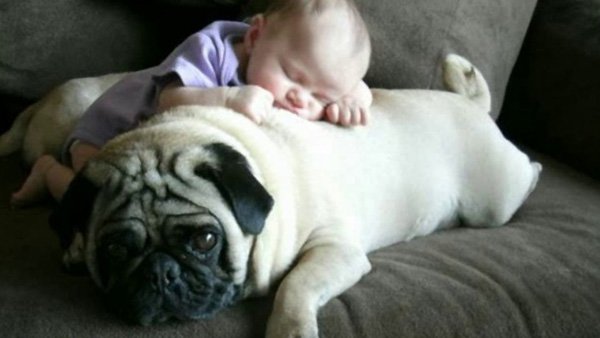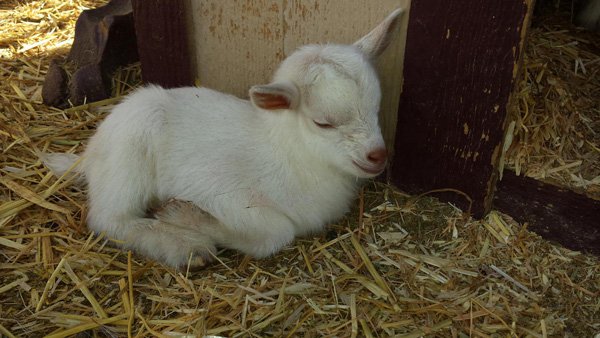Contrary to their image, cats are social animals and can form successful attachments to human owners and other family pets. Your relationship with your cat depends on its individual temperament, its early socialization, and how you behave with it. Not all cats appreciate close physical contact which can be disappointing to an owner who wants a cuddly pet. Certain breeds, such as Siamese, tend to be more affectionate; others breeds, such as Abyssinians, are more independent. There are exceptions within each breed just like the exceptions in human classifications.
People, who don't like cats, often maintain that cats tend to seek out affection only when they want to be fed. While it is true that cats are initially drawn to the person who gives them food, a close attachment to their owner is something that runs much deeper. Merely filling up the cat's food bowl is not enough to foster this kind of intense emotional bond. A broad range of interaction is an important way for you and your cat to learn more about each other so you should play with, talk to, and respond to the cat in as wide a variety of situations as possible when you are first getting to know each other.
This does not mean to overwhelm the cat with attention. It is particularly important to avoid this in a rescued cat that has been neglected or abused, or is timid and nervous in temperament. Instead, make yourself generally available, and the cat will come to you in its own time when it feels comfortable and relaxed enough to do so.
Dealing with Aloofness
Under-attached cats may be perfectly happy, but their owners may feel rejected and upset. Typically, these cats will not settle on the owner's lap and may run away if they think someone is about to pick them up. The most common cause of this behavior is lack of early socialization, but rough owners, traumatic experiences, and invasive handling during illness can also trigger the problem. To promote good socialization, all kittens should be handled gently on a regular basis, particularly between 2 and 7 weeks of age. If the problem already exists, increase your bond with your cat by rewarding any signs of approach and trying to make the cat more dependent. The cat must dictate the pace. Do not pick it up until it is confident and relaxed about being handled.

 What To Do If You Have Bought A Sick Puppy
What To Do If You
What To Do If You Have Bought A Sick Puppy
What To Do If You
 Dog Training Help - Ten Top Tips
Dog Training Help
Dog Training Help - Ten Top Tips
Dog Training Help
 8 Signs Your Ferret May Be Unwell
8 Signs Your Ferr
8 Signs Your Ferret May Be Unwell
8 Signs Your Ferr
 Cat and Dog Boarding Winnipeg - For Better Care and Grooming
Cat and Dog Boarding Winnipeg - For Better Care and Groomi
Cat and Dog Boarding Winnipeg - For Better Care and Grooming
Cat and Dog Boarding Winnipeg - For Better Care and Groomi
 A Combo of Chicken Runs and Coops – The Best for Your Bird Friends
A Combo of Chicken Runs and Coops – The Best for Your Bird
A Combo of Chicken Runs and Coops – The Best for Your Bird Friends
A Combo of Chicken Runs and Coops – The Best for Your Bird